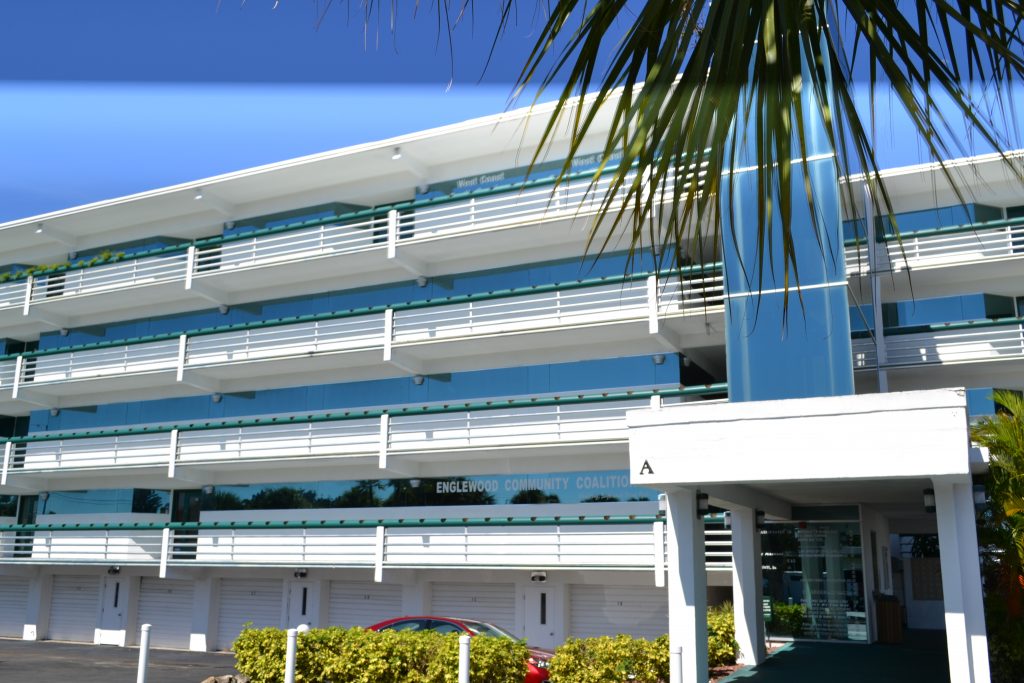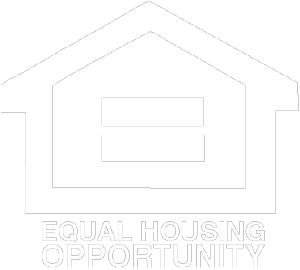
Private Mortgage Insurance
What is Private Mortgage Insurance, and why do I have to pay it?
Private Mortgage Insurance (PMI) is designed to reimburse a mortgage lender in the event of default if the borrowers are making a down payment of less than 20 percent of the purchase price of a home. PMI has nothing to do with job loss, death, or disability, and it will not pay your mortgage payment or loan balance if one of these happen to you.
Mortgage Insurance lowers the risk to the lender of your home loan so that you can qualify for a loan that you might not otherwise be approved for. Some loans like FHA and USDA loans may also require you to have mortgage insurance.
If required, mortgage insurance will be included in your total monthly payment, out of pocket cost at closing, or both.
How can I avoid paying Mortgage Insurance (PMI)?
Mortgage Insurance is unavoidable in government-insured loans except for VA loans. There are ways to avoid having to pay for this insurance with some types of mortgage loans. Typically, PMI will be required if you make less than 20% of the purchase value of a home for a down payment. PMI also applies to a refinance loan if your equity in your home is less than 20% or more. Use the following as a guideline for types of loans and specific requirements for private mortgage insurance.
Types of Mortgage Insurance
If you have a low-down-payment, there are several different types of loans available to you. Depending on the type of loan you get, you will pay for mortgage insurance in different ways, if at all.
For FHA loans, borrowers will have what is called Mortgage Insurance Premiums (MIP). Typically, 1.75 percent of your loan is required to be paid as an upfront fee and is added to your loan amount at closing. If you don´t have enough cash on hand to pay the upfront fee, you are allowed to roll the fee into your mortgage instead of paying it out of pocket. If you do this, your loan amount and the overall cost of your loan will increase. Then there is an annual MIP fee of .85 percent of the loan amount paid monthly for the life of your loan. Note: even if you reach 20% equity in your home, you will continue paying the MIP unless you decide to refinance to a conventional loan (which removes the monthly Mortgage Insurance).
You can avoid Mortgage Insurance on Conventional loans by having 20% equity or making the 20% down payment on the purchase. Otherwise, the insurance for the lender is called Private Mortgage Insurance (PMI). The PMI rate varies based on a few factors, and one is your credit score and your loan to value calculation. Loan to value is the amount of the loan to the current home value. (loan amount / home value).
There are Low Down Payment Conventional Loans without having to pay PMI. Not all Conventional loans require PMI if you have less than 20% down payment or equity in refinance. These loans typically require you to pay a higher interest rate, depending on your credit score combined with the amount you put as a down payment.
Lender Paid Mortgage Insurance (LPMI)
When lenders pay the cost upfront through LPMI, you will pay a slightly higher interest rate to cover the cost of not paying for mortgage insurance. Often your monthly mortgage payment is less without the added fee. However, LPMI allows you to make a lower down payment, so your upfront cost could be considerably less. Since you will be paying a slightly higher interest rate over the life of the loan, you very well could be paying more but not upfront.
Consider a VA Loan
If you are a qualified veteran, a VA backed Loan may be right for you.
The Department of Veterans Affairs (VA) guarantee replaces the mortgage insurance due to the government agency is guaranteeing the loan itself. This loan is designed to help active service members, veterans, and their families. Since there is no monthly mortgage insurance premium, you will still pay an upfront funding fee. The fee amount varies based on the type of military service, down payment amount, disability status, usage of benefits, and loan type (buying/refinancing).
With a VA Loan, the benefits include zero down payment options, and a VA loan doesn’t require PMI due to the government agency is guaranteeing the loan itself.

